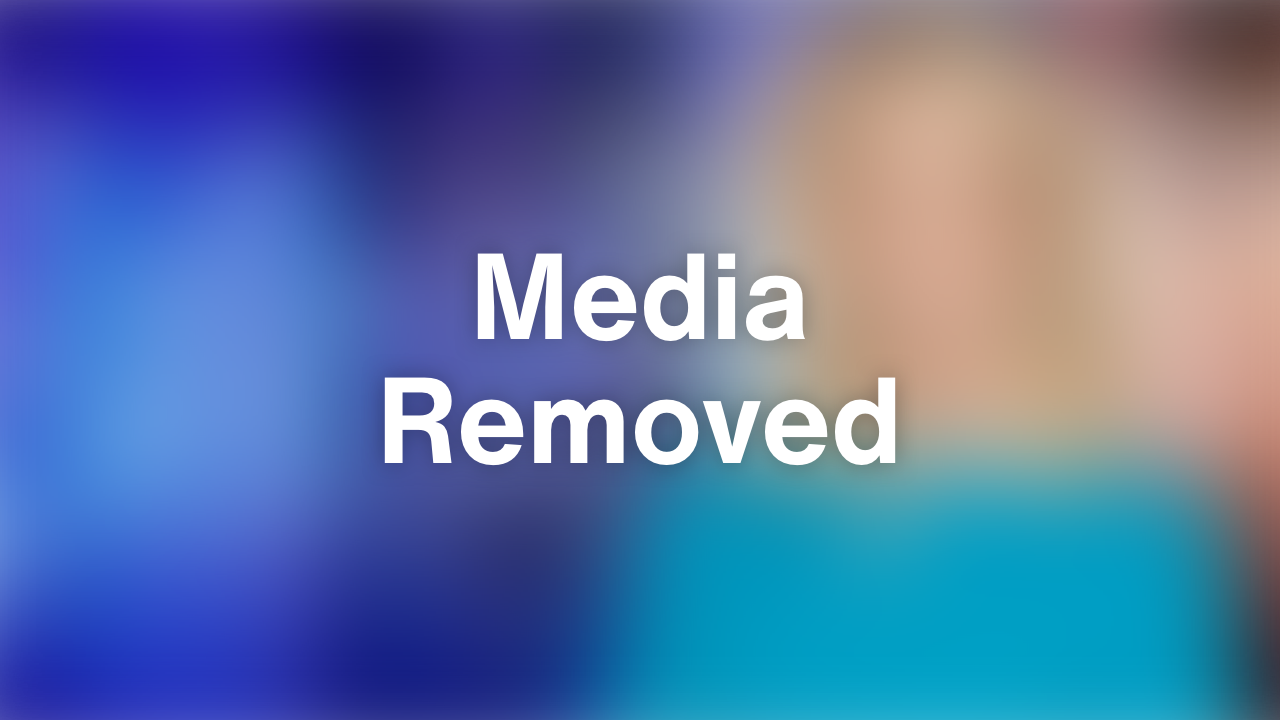Justin Bieber's struggle with depression is a reminder to care for mental health.
Mental health has come to the forefront of pop culture as more public figures open up about their feelings. Justin Bieber revealed in a candid Instagram post Sunday that he has been "struggling a lot" and has been feeling "super disconnected and weird." The singer, who has been open about his experiences with depression, asked his fans for prayers.
It's a reminder to know the signs of depression and what to do if you or someone you know is experiencing symptoms.
What Is It?
Depression is a common and serious mood disorder, according to the National Institute of Mental Health. It can interfere with a person's ability to carry out daily activities.
The Anxiety and Depression Association of America reports that 322 million people around the world live with depression.
What Are the Signs?
Depression is typically diagnosed when symptoms persist for more than two weeks. According to ADAA, those symptoms can include a sad or "empty mood, feelings of hopelessness or pessimism, feelings of guilt or helplessness, loss of interest in hobbies and activities, fatigue or decreased energy, difficulty concentrating or making decisions, insomnia or oversleeping, weight loss or weight gain, and thoughts of death or suicide."
Not every person experiences every symptom, the NIMH says. And the severity and frequency of symptoms also varies and may determine the severity of the person's specific diagnosis.
What Help Is Available?
If you or someone you know is experiencing these symptoms, it's important to reach out for help. Therapy can help people identify negative thought or behavior patterns and make positive changes. After depression is diagnosed, there are various types of antidepressant medication a doctor can prescribe to help improve a person's mood, appetite, sleep and concentration.
What About Immediate Support?
The National Suicide Prevention Lifeline provides confidential support for people in distress 24/7. People can call the hotline at 1-800-273-8255, or chat online at www.suicidepreventionlifeline.org.
RELATED STORIES






